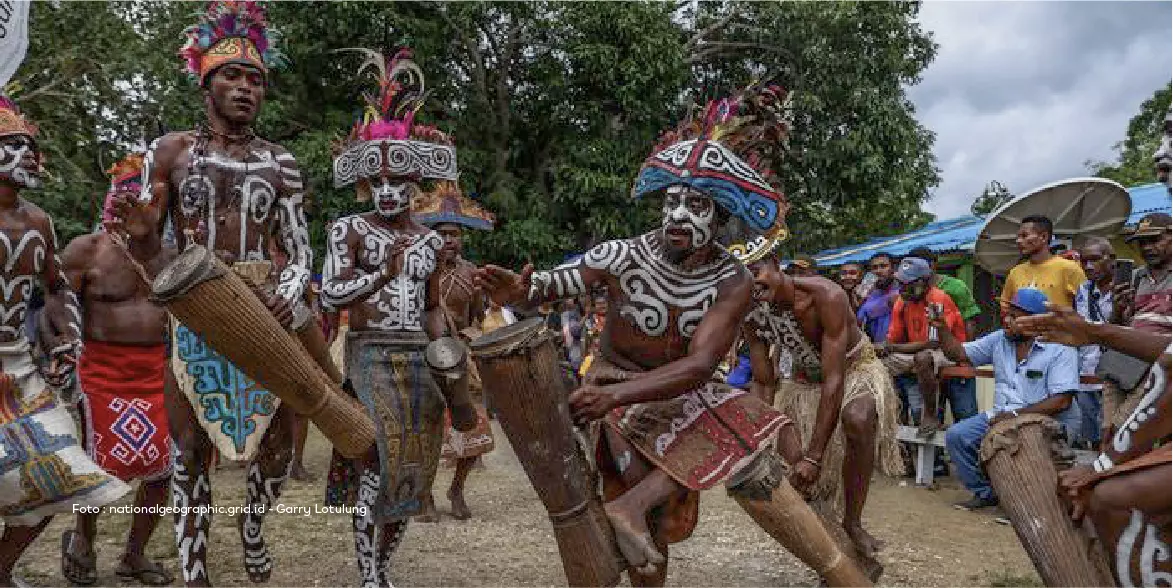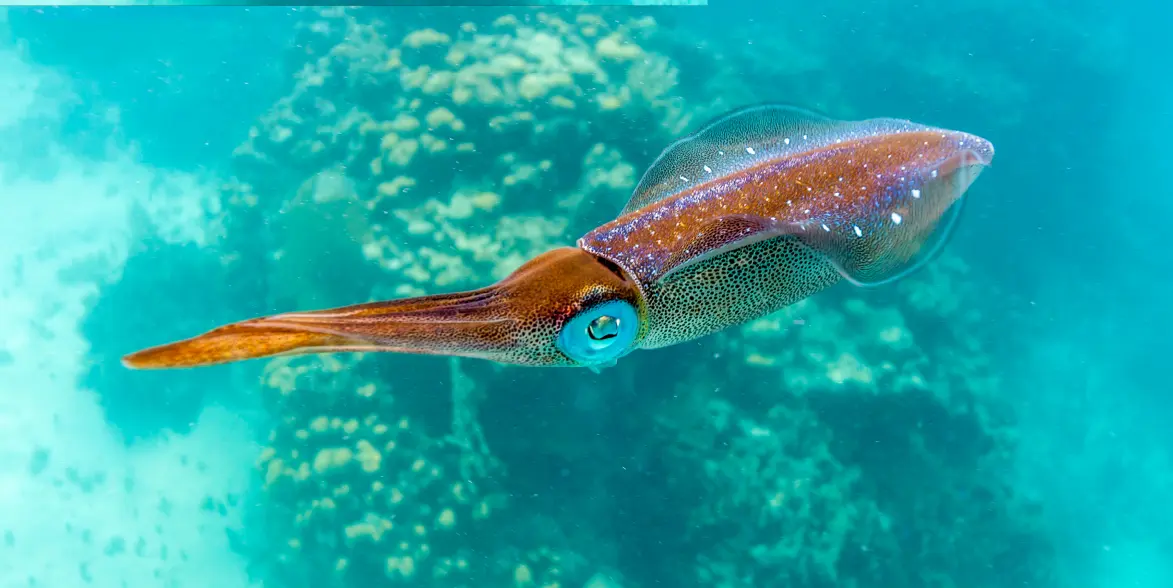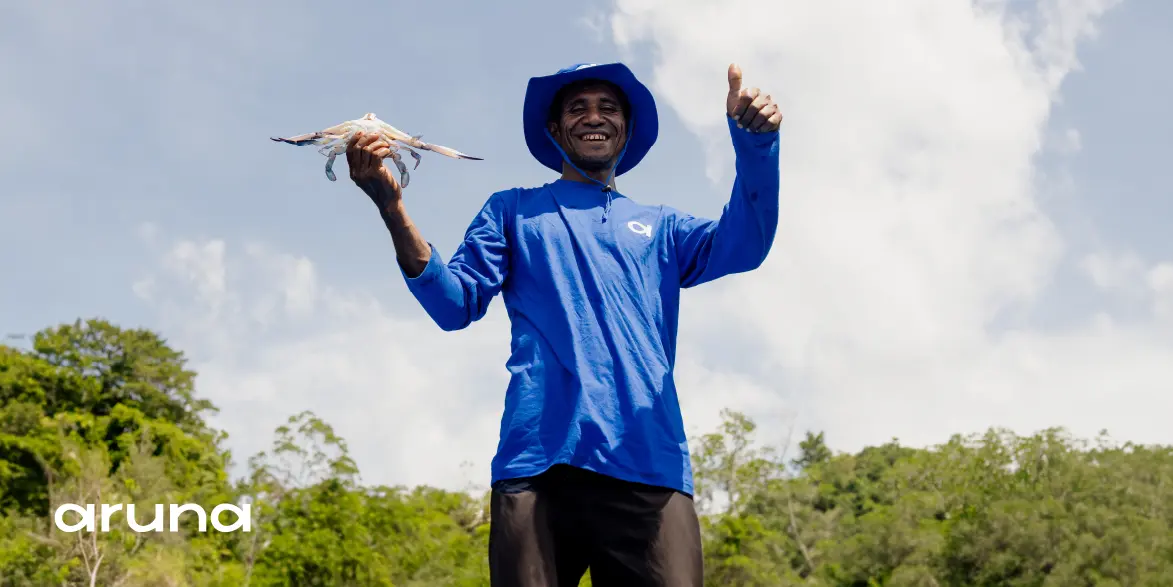Many are still unaware of the crucial role that indigenous communities play in maintaining ecosystem balance and preserving marine resources. This is why the Nature Conservation Foundation of Indonesia (YKAN) supports the development of areas managed by indigenous legal systems. YKAN’s support for the development of indigenous legal communities is, in itself, an endorsement of the government’s ongoing efforts to empower these communities, which are integral to the implementation of sustainable fisheries practices.
The Government Continues to Promote Legal Empowerment of Indigenous Communities

Since 2016, the government, through the Ministry of Marine Affairs and Fisheries (KKP), has facilitated the recognition and protection of 27 indigenous legal community communities, reinforced by 20 Regent/Mayor Regulations. YKAN believes that with a sound management framework, areas managed by indigenous communities can provide greater economic and ecological benefits. It is essential to provide support and guidance to blend traditional and modern knowledge, enabling indigenous communities to optimize their potential, whether in terms of marine tourism, maritime culture, aquaculture, or restoration.
One form of full government support to maximize the potential of indigenous communities is reflected in Tambrauw Regent Regulation No. 12 of 2019 concerning the Recognition and Protection of the Indigenous Legal Community of Werur in the Bikar District, which falls under the Indigenous Legal-Based Coastal and Marine Resource Management of Tambrauw Regency. This area is home to the Biak Karon indigenous community. YKAN collaborates with various partners to organize the Munara Beba Biyak Karon Indigenous Festival in Wenur Raya, Tambrauw Regency, South West Papua Province from March 22-25.
YKAN supports the government in making indigenous communities a vital pillar in preserving ecosystem sustainability by providing guidance to help them tap into their potential. The recent indigenous festival was not just filled with various cultural competitions, crafts, culinary delights, local products, and traditional arts to entertain, but it also aimed to strengthen the Biak Karon indigenous community, reviving their traditional wisdom.
The Biak Karon tribe’s festival included a variety of cultural contests, crafts, cuisine, unique products, and other traditional arts for entertainment, but it also marked the first time that all clans of the Biak Karon tribe gathered to support the success of the festival and conduct the sasi ceremony. According to local religious figures, the sasi tradition is a significant activity that the Biak Karon community had long abandoned and was no longer practiced by the local people. However, the sasi tradition plays a crucial role in coastal communities in maintaining ecosystem balance.
The Biak Karon Indigenous Community Sets a Positive Example in Fisheries Sustainability
Yunus Rumansara, Chairman of the Biak Karon Indigenous Council, joyfully exclaimed, “Utilizing natural resources wisely is the wisdom passed down from our ancestors. Through the festival and the revival of the sasi tradition, we strive to care for the environment, both now and for the future.” In an effort to demonstrate the commitment of the Biak Karon community to fisheries sustainability, this traditional festival concluded with a sasisen closing ceremony. This commitment serves as a positive example of sustainable fisheries for other coastal indigenous communities to follow.
The support provided by YKAN to optimize the potential of indigenous communities is praiseworthy and should be emulated by others. Aruna has also been actively involved in providing assistance and education to coastal communities, helping them improve the quality of their production and catch results in the fishing industry. With enhanced production quality, seafood suppliers and other stakeholders are willing to offer better prices to fishermen.










Leave a reply
No comments found.